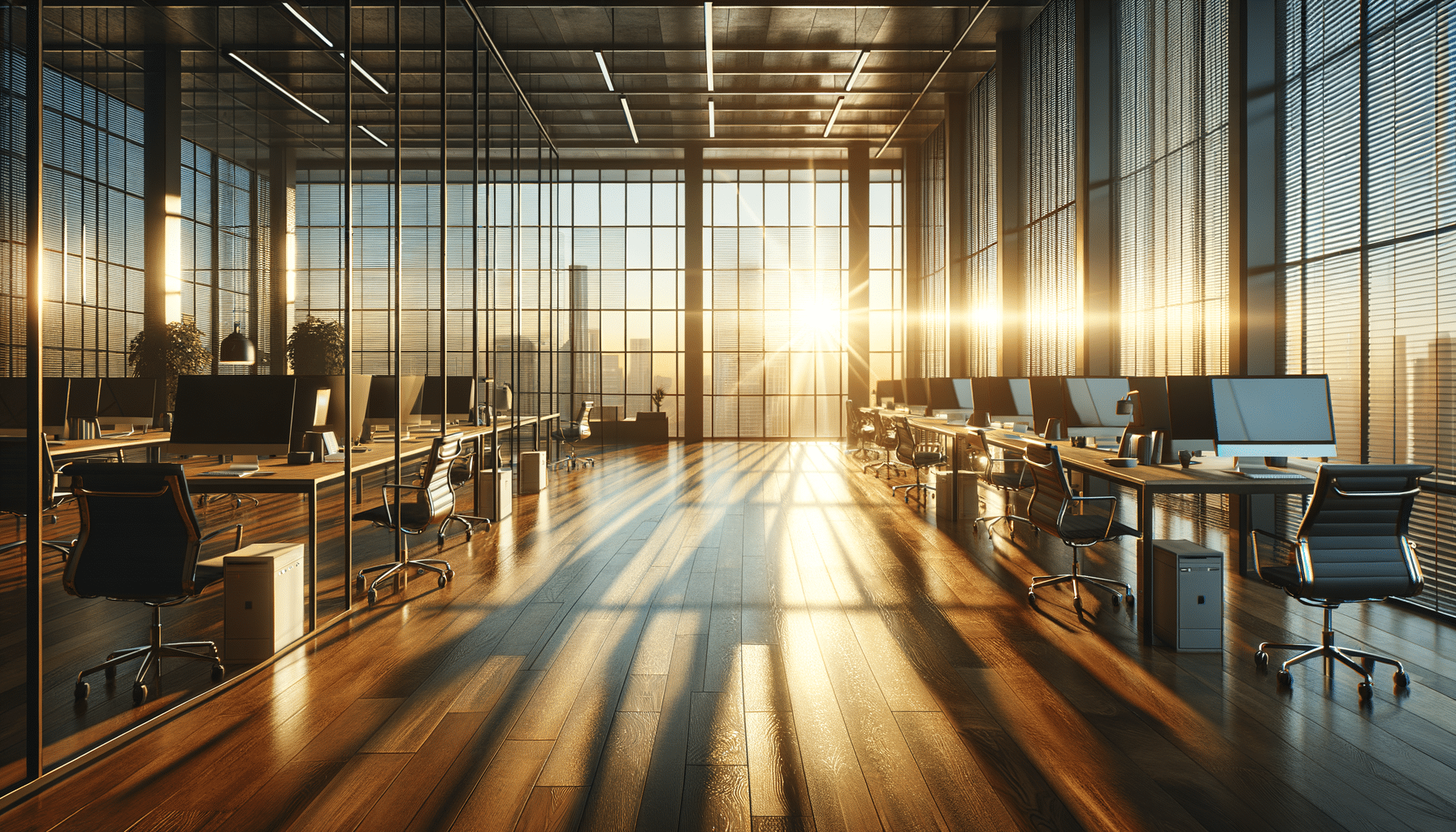
Office Cleaning: Services, Work Roles, and Modern Workplace Standards
The Importance of Office Cleaning
Office cleaning is a pivotal aspect of workplace maintenance, ensuring a healthy environment for all employees. A clean office not only enhances the aesthetic appeal but also contributes significantly to employee productivity and overall well-being. In today’s fast-paced corporate world, where employees spend a substantial portion of their day at work, maintaining cleanliness is more critical than ever.
Regular office cleaning helps in minimizing the spread of diseases. Germs and bacteria thrive in unclean environments, leading to increased sick days and reduced productivity. By maintaining a clean office, companies can ensure a healthier workforce, reducing the financial burden of absenteeism.
Additionally, a tidy office reflects professionalism and attention to detail, which can significantly impact client perceptions. A well-maintained office can leave a lasting impression on visitors and potential clients, enhancing a company’s reputation. Furthermore, cleanliness in the workplace fosters a sense of pride among employees, encouraging them to maintain their personal workspaces more diligently.
- Reduces the spread of illnesses
- Enhances company reputation
- Boosts employee morale and productivity
Key Roles in Office Cleaning
The office cleaning industry comprises various roles, each essential to maintaining a clean and efficient workspace. From janitors to cleaning supervisors, every position plays a critical part in ensuring that office environments are pristine and conducive to work.
Janitors are typically responsible for daily cleaning tasks such as vacuuming, dusting, and waste management. They ensure that common areas like restrooms and kitchens are sanitized regularly. Cleaning supervisors oversee the janitorial staff, ensuring that cleaning tasks are completed to a high standard and addressing any issues that arise.
In larger offices, there might be specialized roles such as window cleaners or carpet cleaning specialists. These professionals possess the skills and equipment necessary to handle more complex cleaning tasks that require particular expertise.
- Janitors: Daily cleaning tasks
- Cleaning Supervisors: Oversight and quality control
- Specialists: Handling complex cleaning tasks
Modern Office Cleaning Practices
With advancements in technology and increasing awareness of environmental issues, modern office cleaning practices have evolved significantly. Today, many companies are adopting green cleaning methods, which use eco-friendly products and techniques to minimize environmental impact.
Green cleaning products are free from harsh chemicals, reducing the risk of allergic reactions and health issues among employees. These products are also biodegradable, ensuring that they do not contribute to environmental pollution. Moreover, modern cleaning equipment, such as high-efficiency particulate air (HEPA) vacuum cleaners, are designed to capture even the smallest particles, improving air quality in offices.
Additionally, technology plays a crucial role in enhancing cleaning efficiency. Automated cleaning machines and scheduling software have streamlined the cleaning process, allowing for more thorough and consistent results. These innovations not only improve the quality of cleaning but also reduce the time and labor required, leading to cost savings for businesses.
- Eco-friendly cleaning products
- Advanced cleaning equipment
- Automated cleaning solutions
Challenges in Office Cleaning
Despite its importance, office cleaning comes with its set of challenges. One of the primary challenges is the need to balance thorough cleaning with minimal disruption to office operations. Cleaning tasks often need to be scheduled outside of regular working hours, which can lead to logistical issues, especially in offices that operate 24/7.
Another challenge is ensuring consistent quality across all areas of the office. High-traffic areas require more frequent attention, and it can be challenging to maintain the same level of cleanliness throughout the entire office space. This requires careful planning and efficient allocation of cleaning resources.
Furthermore, there is the challenge of staying updated with the latest cleaning standards and regulations. Health and safety regulations are continually evolving, and cleaning teams must be adequately trained to comply with these standards. Regular training sessions and updates are essential to ensure that cleaning practices remain effective and compliant.
- Balancing cleaning with office operations
- Maintaining consistent cleanliness
- Staying updated with regulations
Conclusion: The Future of Office Cleaning
As the workplace continues to evolve, so too will the practices and standards of office cleaning. The future of office cleaning is likely to see increased automation and the continued adoption of sustainable practices. Businesses will need to stay informed and adaptable to these changes to maintain a healthy and productive work environment.
Investing in modern cleaning solutions and training for cleaning staff will become increasingly important. Companies that prioritize cleanliness will not only benefit from healthier workspaces but also from enhanced employee satisfaction and improved company reputation.
Ultimately, office cleaning is more than just a routine task; it is a vital component of workplace management that supports the well-being and efficiency of the entire organization.
- Increased automation
- Sustainable practices
- Enhanced employee satisfaction


